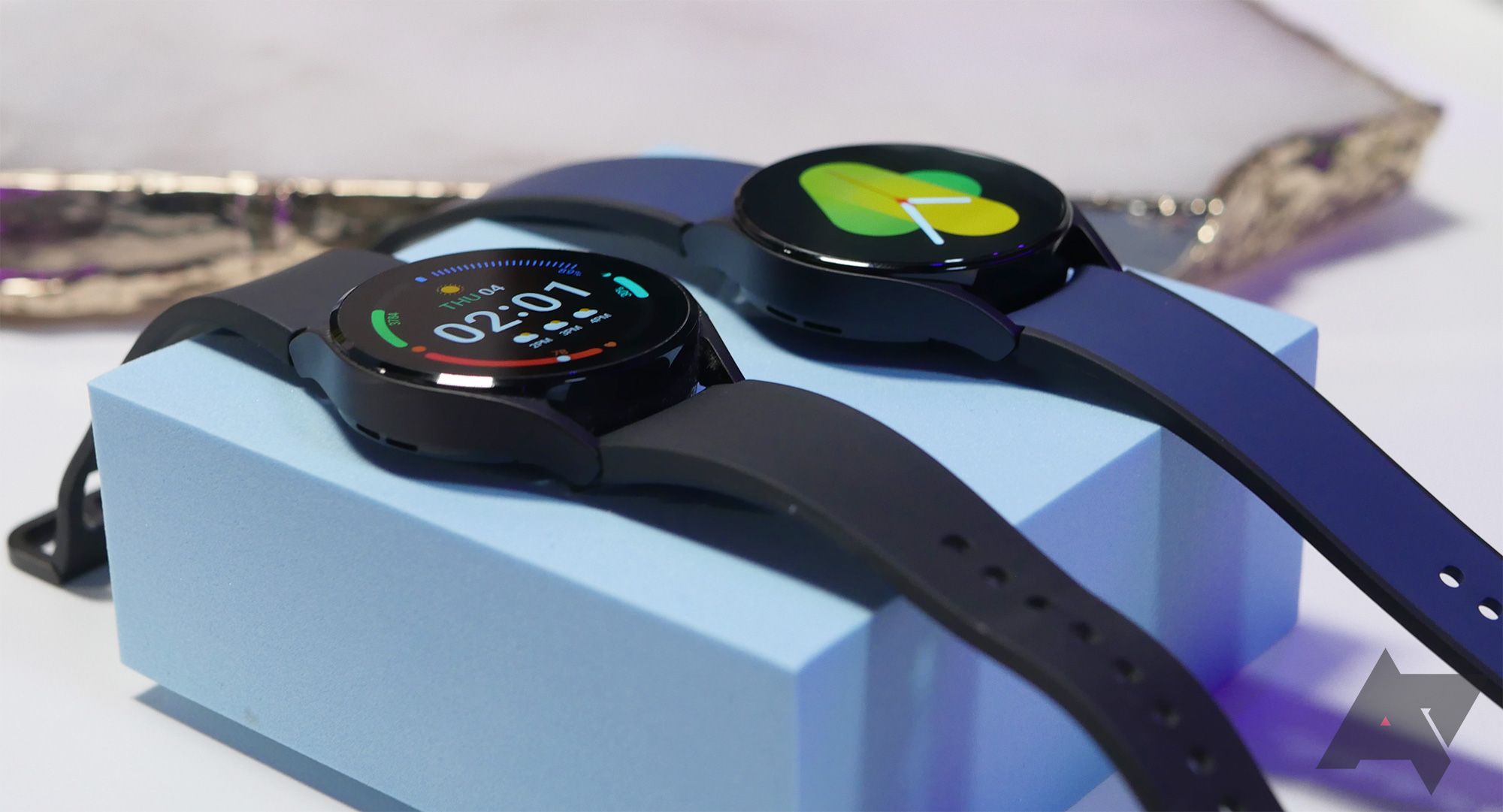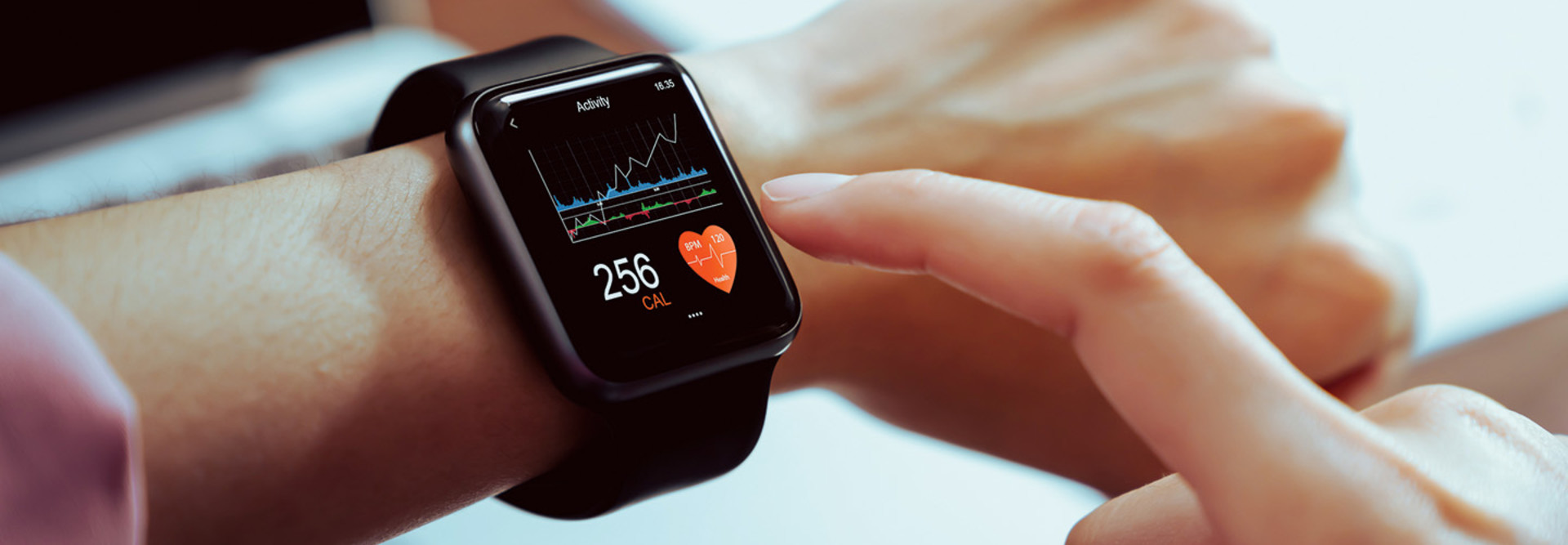A new technology may be able to boost reaction times to help older adults who fall at home get care more quickly.
A team from Binghamton University created a human action recognition (HAR) algorithm that assesses sensor data and detects abnormal movements. The technology is known as the Rapid Response Elderly Safety Monitoring (RESAM) system. HAR includes accelerometers and gyroscopes, which help gauge movement. The machine learning technology can tell when an abnormal movement, like a fall, occurs.
Yu Chen, PhD, a professor at the university, led a team who created RESAM. The technology recently was featured in a IEEE Transactions on Neural Systems and Rehabilitation Engineering report, which detailed how the RESAM system can run on a smartphone, smartwatch, laptop or computer. The system has a 1.22-second response time and showed 99% accuracy at detecting falls.
“The RESAM system improves the accuracy and robustness of human activity recognition by fusing decisions from multiple modalities, including wearable device input and skeletal data,” authors wrote. “Combining information from the two sources allows for a more complete understanding of older adults’ activities, leading to improved performance and reliability in recognizing and responding to various behaviors.”
“When many people talk about high tech, they are discussing something cutting edge, like a fancier algorithm, a more powerful assistant to do jobs faster or having more entertainment available,” Chen noted. “We observed a group of people — senior citizens — who need more help but normally do not have sufficient resources or the opportunity to tell high-tech developers what they need.”
Chen says RESAM is just the beginning of his “happy home” concept, which includes thermal cameras and other sensors to remotely assess an individual’s wellbeing. The good thing about RESAM is that it doesn’t involve cameras in personal space.
“Adding more sensors can make our system more powerful, because we are not only monitoring someone’s body movements — we can monitor someone’s health with one more dimension, so we better predict if something’s going to happen before it happens,” he said.



